
(September 6 – October 3, 2010)
III
The “Car Road”
I have traveled the road into Karen State from Mae Nu Hta for over a decade. It never gets easier. The path paved into the mountain is legendary for its difficulty: as soon as you cross the Salween, the mountain begins. The climb lasts hours, which feel like days.
This year, however, the path was somewhat different. The mountain was still steep, and the terrain unforgiving, but the efforts of villagers to ease the travel burden yielded a wide, clean trail. The sun, shining through the trees, dried the ground just enough to harden the clay.
The locals call it “car road.” They envision the day when there will be cars on the road they built. They imagine themselves commuting by car. Of course, these vehicles exist only in fantasy, this is the war zone of Karen state, and the sole means of transportation and commuting is on foot.
The clay is temperamental. With a little rain, it could easily turn into a slippery nightmare for an unsuspecting pedestrian. But with a little sun, it dries enough to make the walk seem more like a pleasant hike through the mountains. But the trail is long and wide, enough to permit a traveler to walk without disturbance from brush, to see wildlife far enough in advance to take precaution, and to enjoy the scenery of our home state. It did feel like walking on a small rural highway, indeed.
On the way back from Karen State, while walking down the trail, I overheard some Karen soldiers who were walking behind me talking about the “car road.” Their words were so soft, I had to slow my pace to hear them. Of the group, only one of them had ever seen a vehicle in person; yet, they all dreamed out loud:
Is the trail wide enough for a four-wheel truck? one asked.
Another responded, “It might be too winding.”
“But the trail can be improved and all kinds of cars can be driven here,” chimed in a third.
The fourth said, “This trail is not quite ready for a car.”
I have known these soldiers for years now. They have never complained about the terrain, or their routine burden of travelling it. After all, this is their life; this is what they have always known. And yet, their dreams about the "car road" saddened me.
In this world, in my world here, I have traveled and I can travel in any way I want: by airplane, by train, by subway, by car, by bicycle, or on foot. It is only when I go home once or twice a year that I am limited to foot travel; and it is then that I long for the luxury of travel choices. And I do not bear this burden gracefully; I become grouchy and grumpy with each additional step.
For now, “car road” in the war zone means a very heavily mined ground and not very desirable or exciting to have to walk on or walk across. I hope the day comes sooner when the local villagers in Karen State’s war zone can realize their dream about “car road.” The road from Mae Nu Hta into Karen State is a start, for we do not have to worry about landmines. But, still, it is not enough to erase the reality of war.
For now, it is just an imagined "car road."
May Oo
xxx







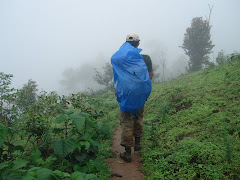
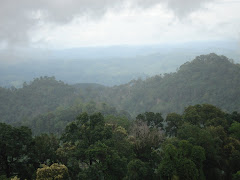
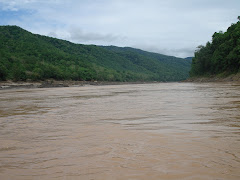

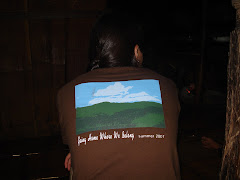
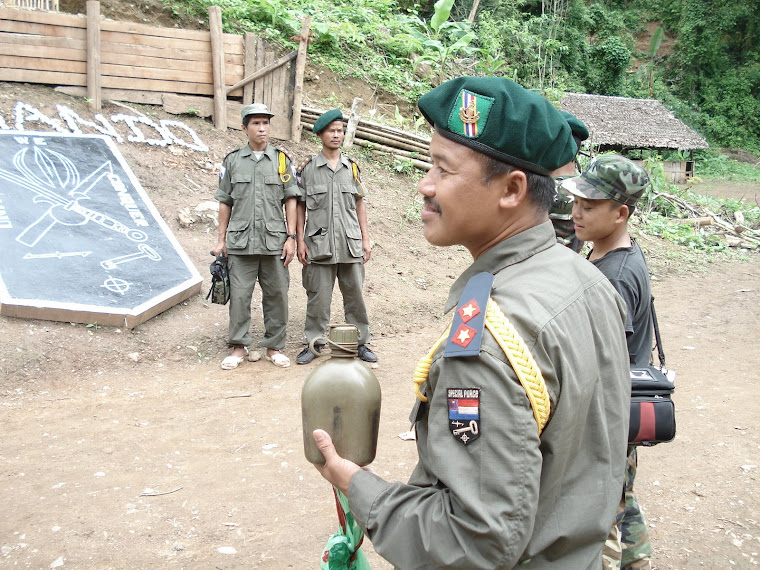

No comments:
Post a Comment